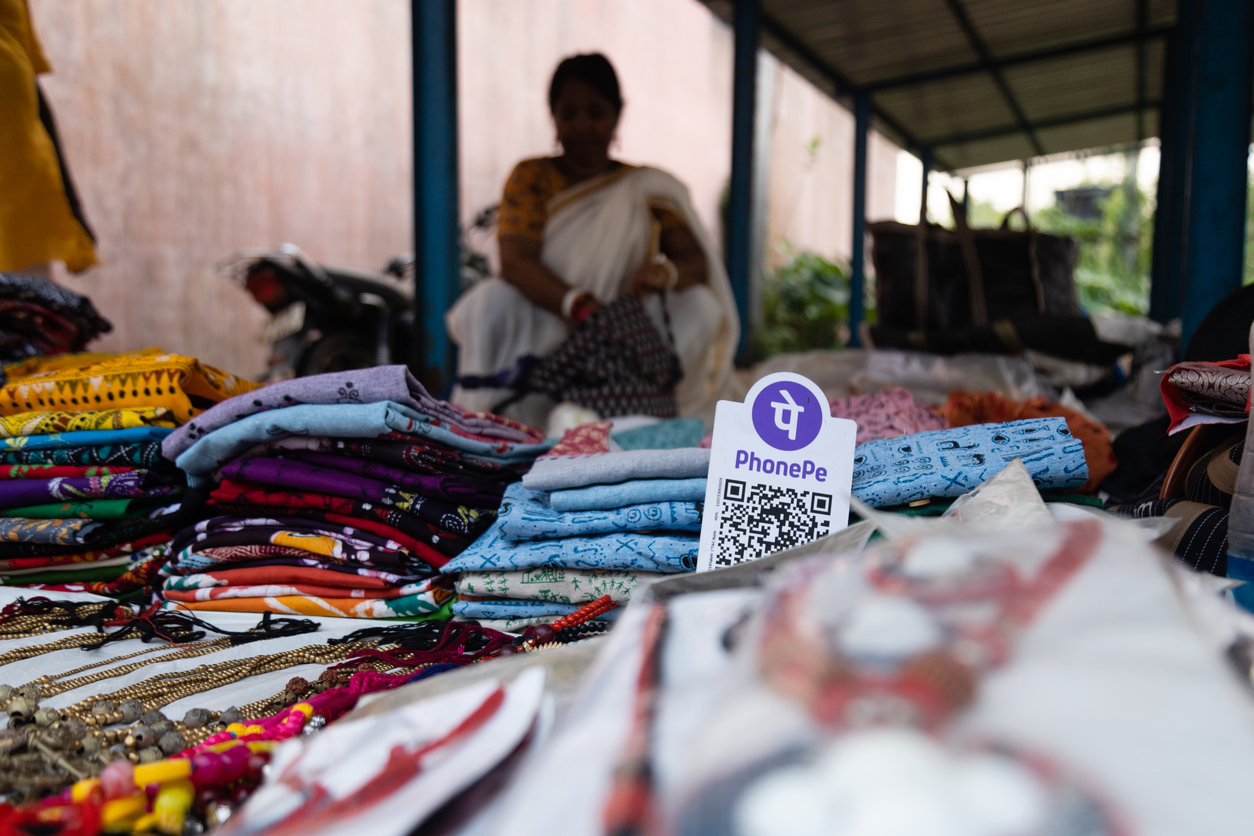
August 4, 2025
The value was the second highest on record, after INR 25.14 lakh crore in May 2025
Annual transaction value grew 21% compared to July 2024, with a 4.3% month-on-month rise
UPI accounts for 85% of all digital transactions in India and nearly 50% of global real-time payments
The system is now live in seven countries, including its first European entry in France

India’s Unified Payments Interface (UPI) set a new record in July 2025, clocking 19.47 billion transactions worth INR 25.08 lakh crore, according to data from the National Payments Corporation of India (NPCI). The figure marks the highest monthly transaction volume to date and the second-highest value, following INR 25.14 lakh crore in May.
In May, transaction volumes hit 18.67 billion before dipping to 18.39 billion in June, when value stood at INR 24.03 lakh crore. The July value was 21% higher than the INR 20.64 lakh crore recorded in the same month last year and 4.3% higher than June 2025.
Industry leaders say the surge reflects the growing adoption of digital payments by small entrepreneurs, local retailers, and last-mile users, reducing reliance on cash and increasing participation in the formal economy. They note that UPI has become the digital backbone of an inclusive economy.
UPI’s reach now extends beyond India, powering payments in the UAE, Singapore, Bhutan, Nepal, Sri Lanka, France, and Mauritius. Its launch in France marks its first presence in Europe, enabling Indians travelling or residing there to make seamless payments without foreign transaction hurdles.
NPCI, a joint initiative of the Reserve Bank of India and the Indian Banks’ Association, has introduced new transaction caps to ease system load and improve reliability during peak hours. Users can now check their account balance through UPI apps a maximum of 50 times per day, down from no limit earlier. The ‘List Account’ feature is now capped at 25 requests per user, per app, per day to reduce unnecessary API strain.
Inactive UPI IDs linked to mobile numbers unused for over a year will be automatically disabled to prevent misuse after number reassignment. Newly added bank accounts will undergo enhanced verification, including stronger authentication and validation processes.
Source: Economic Times